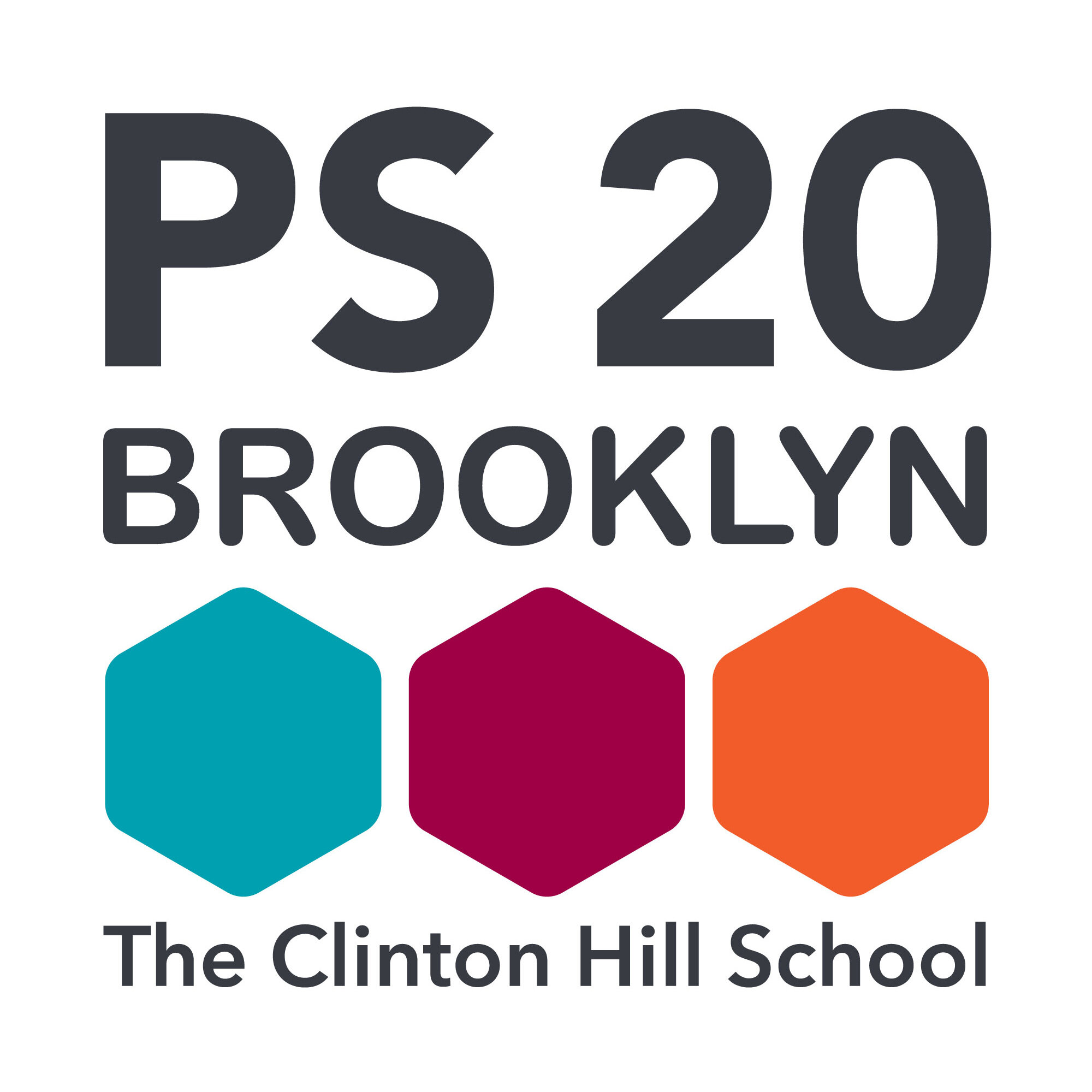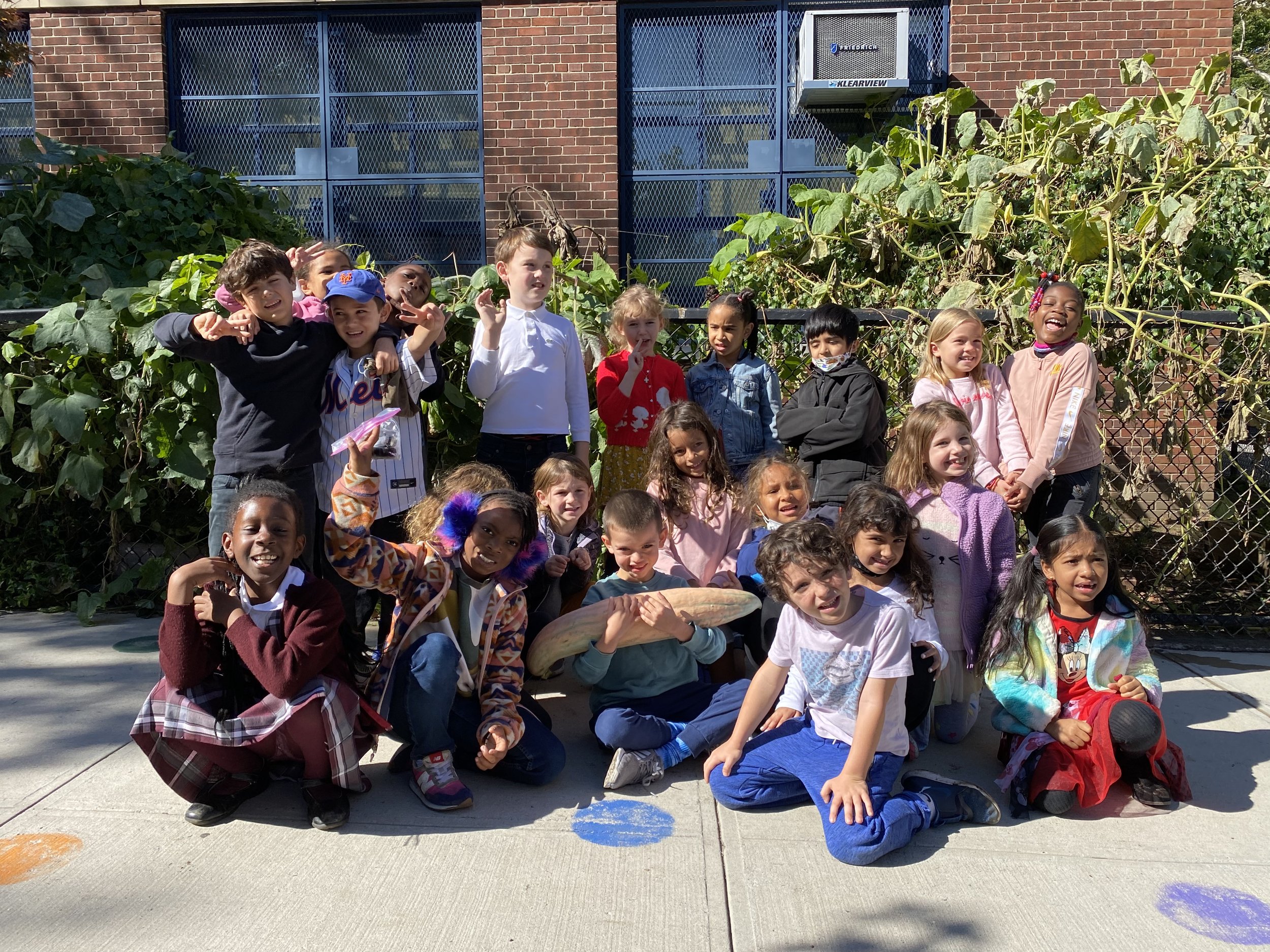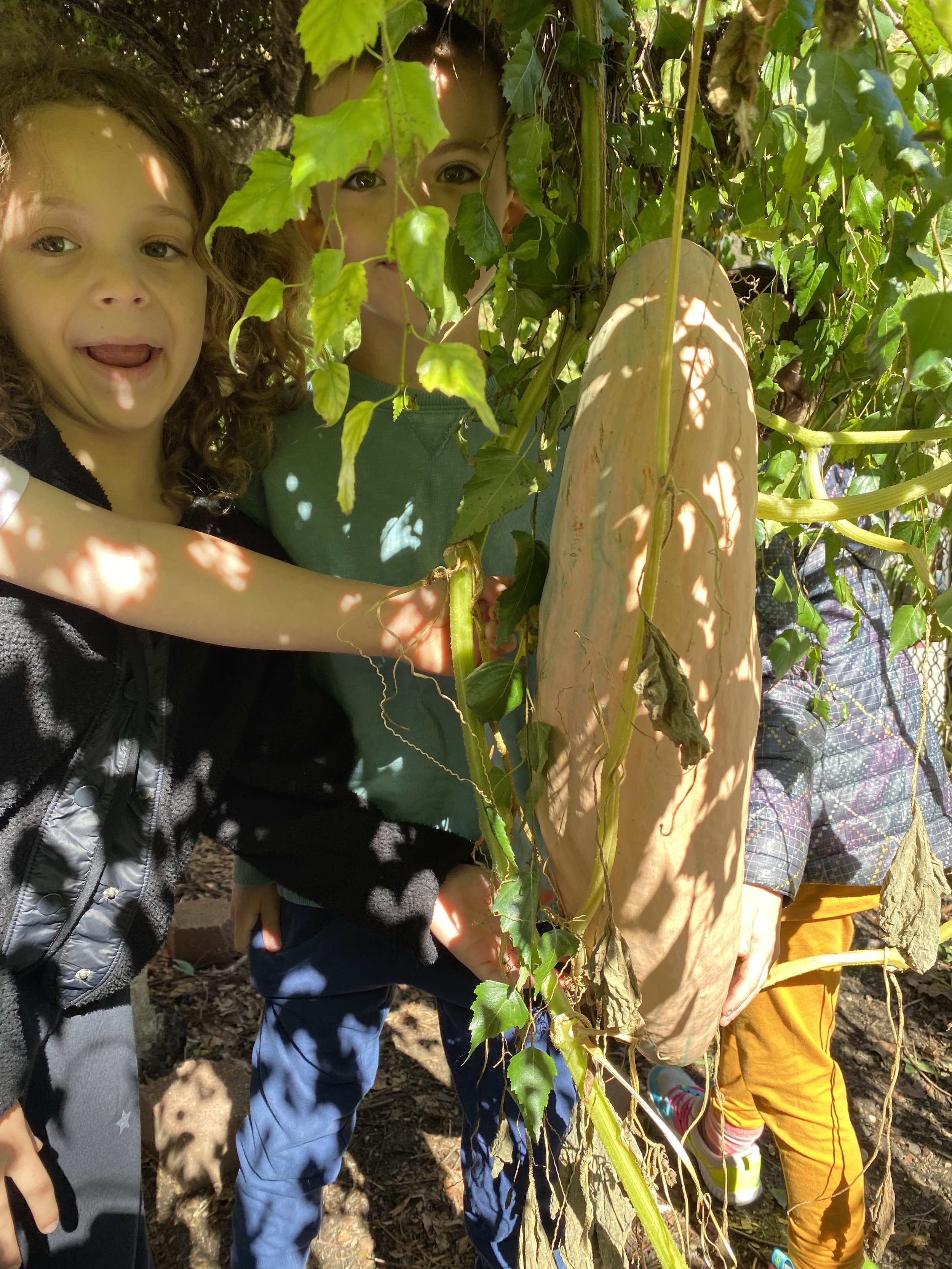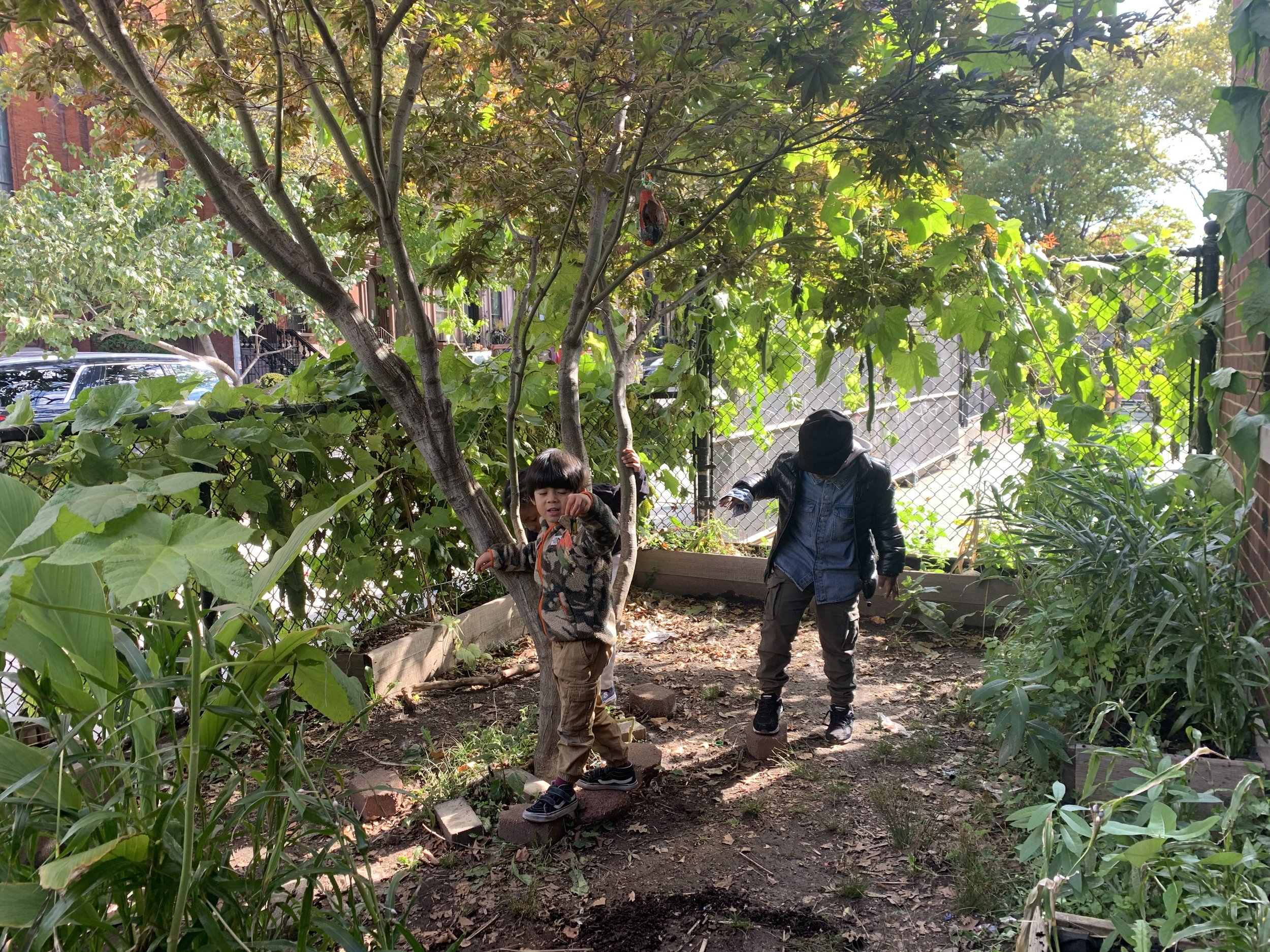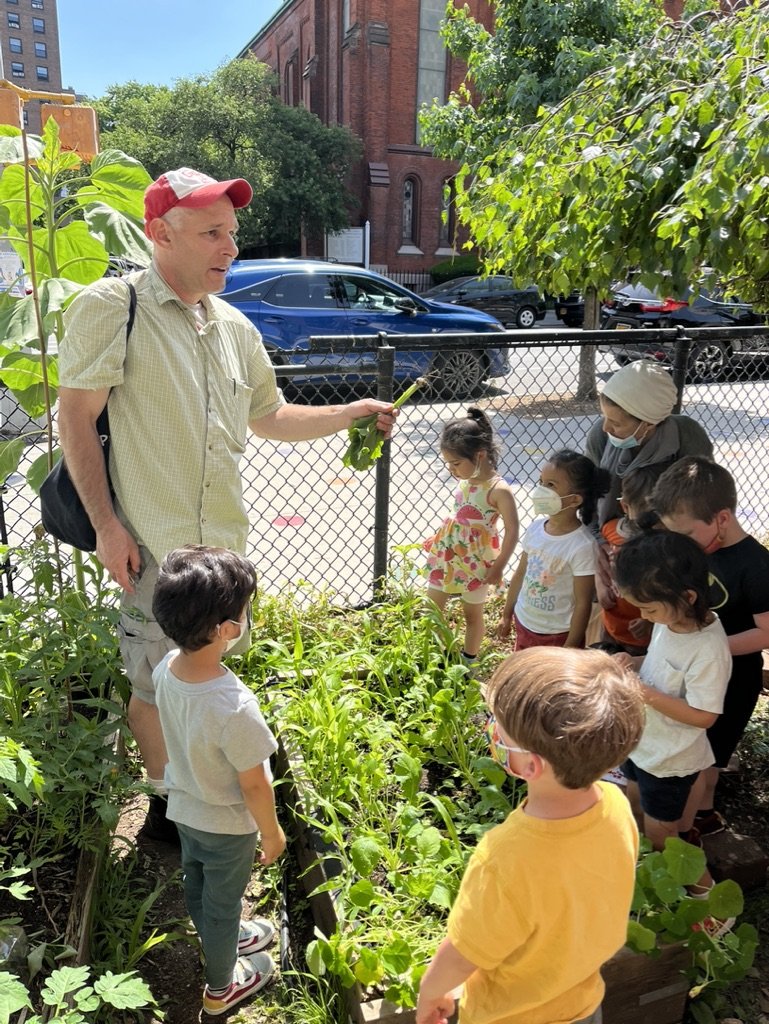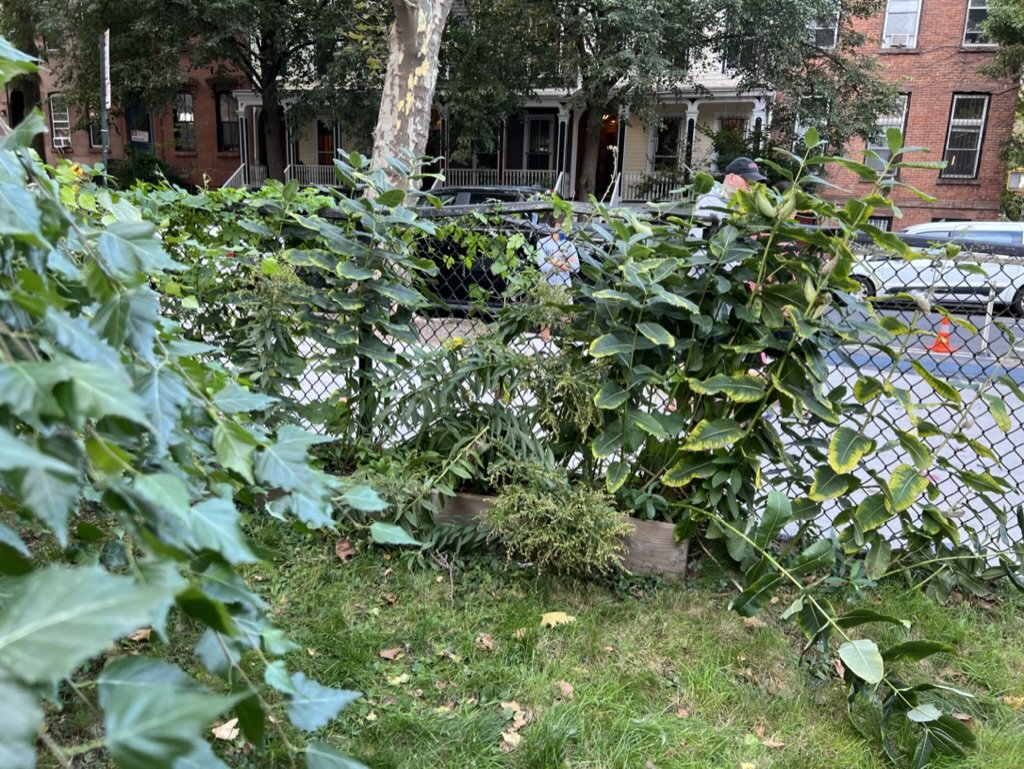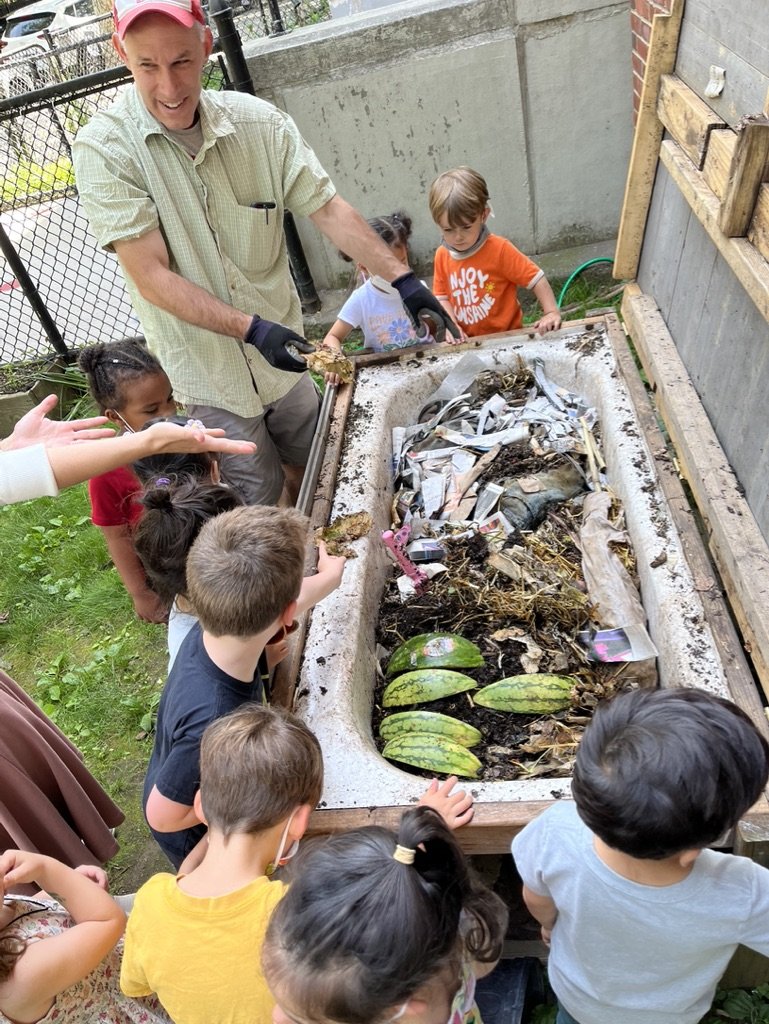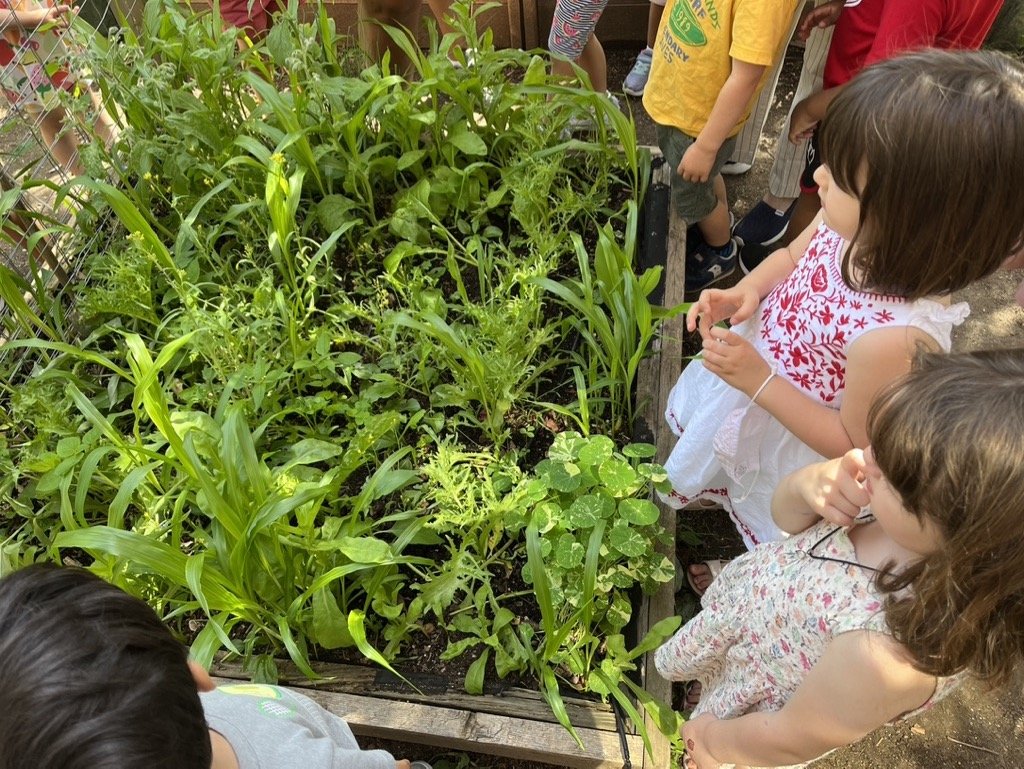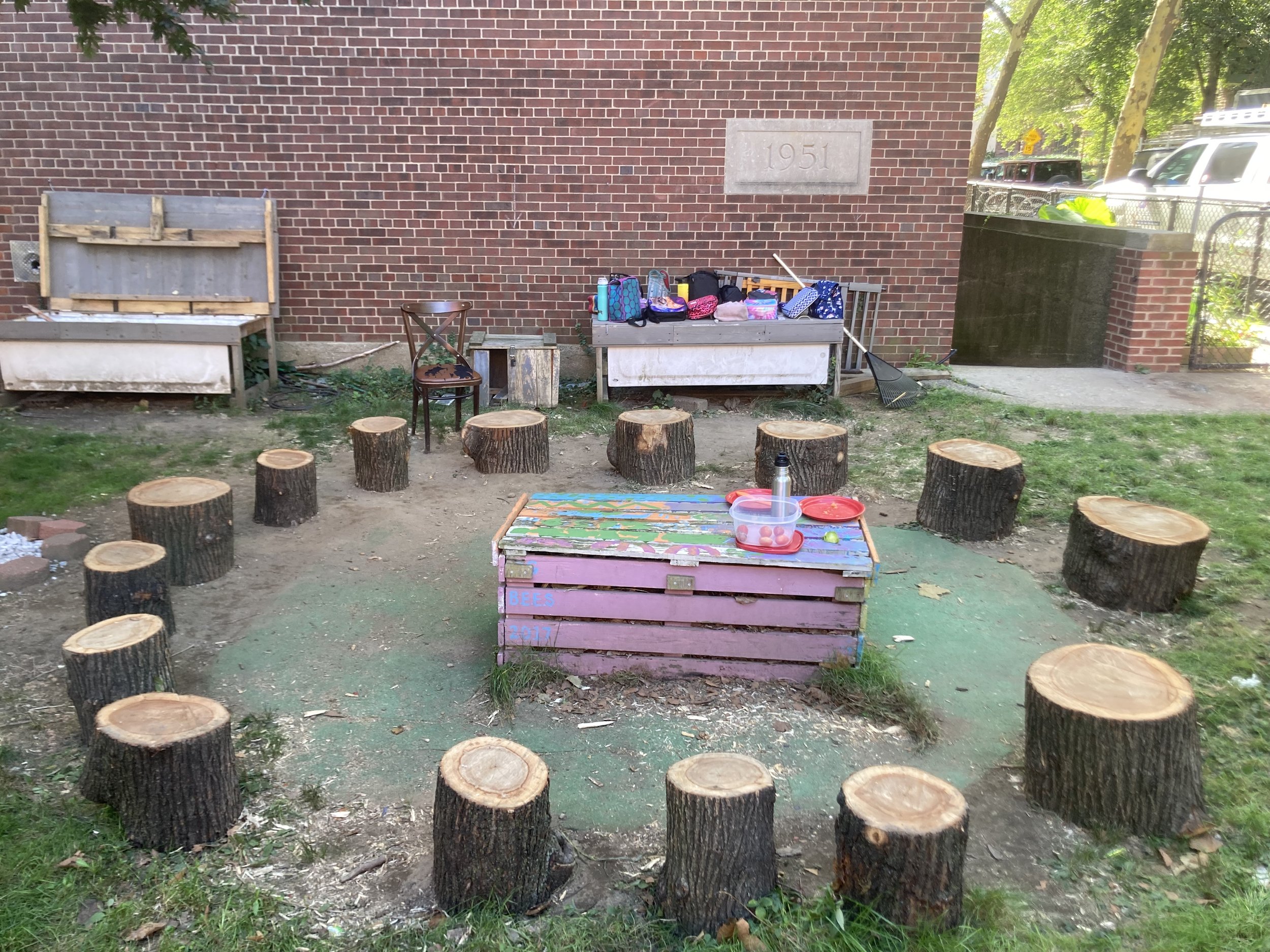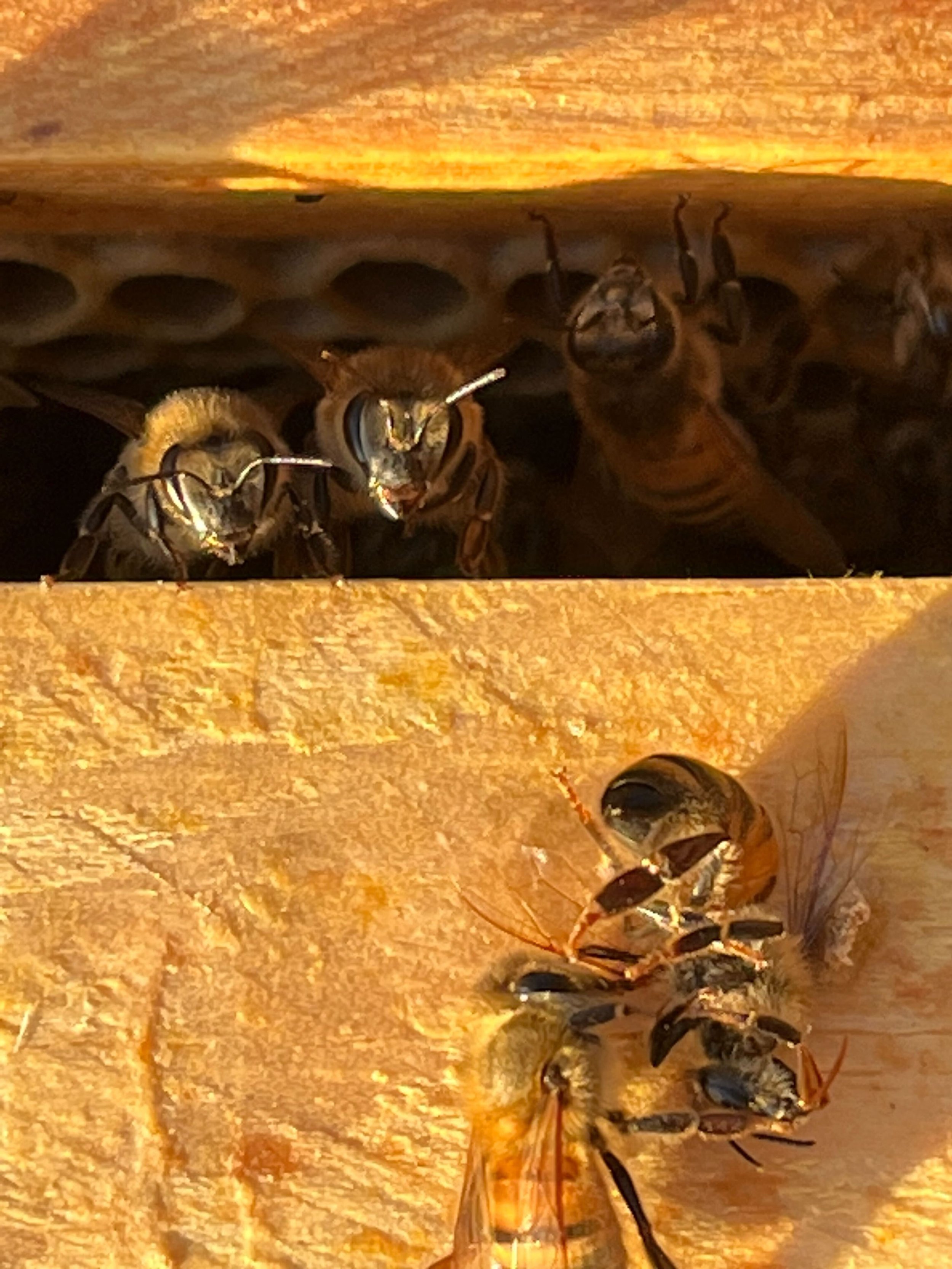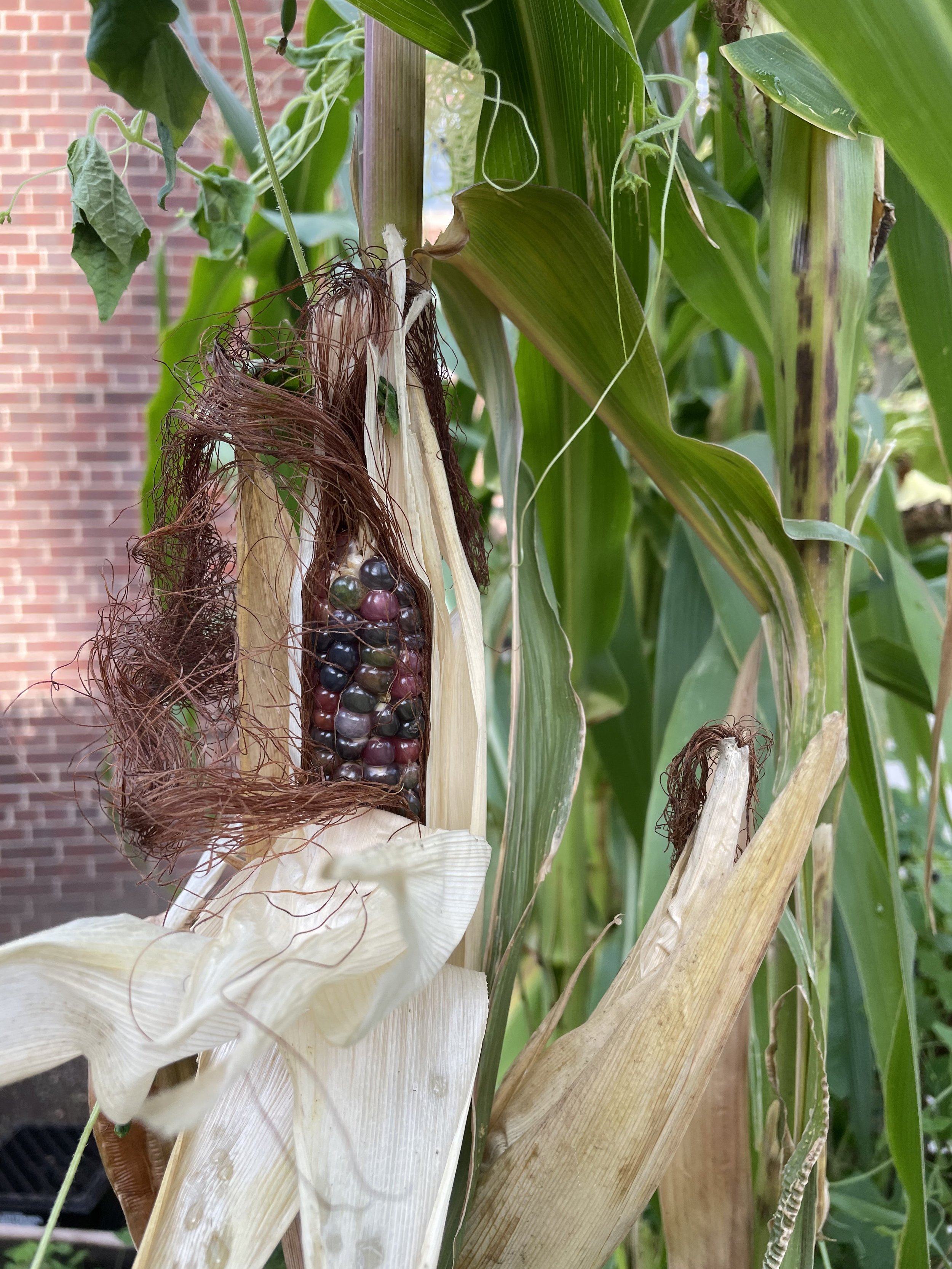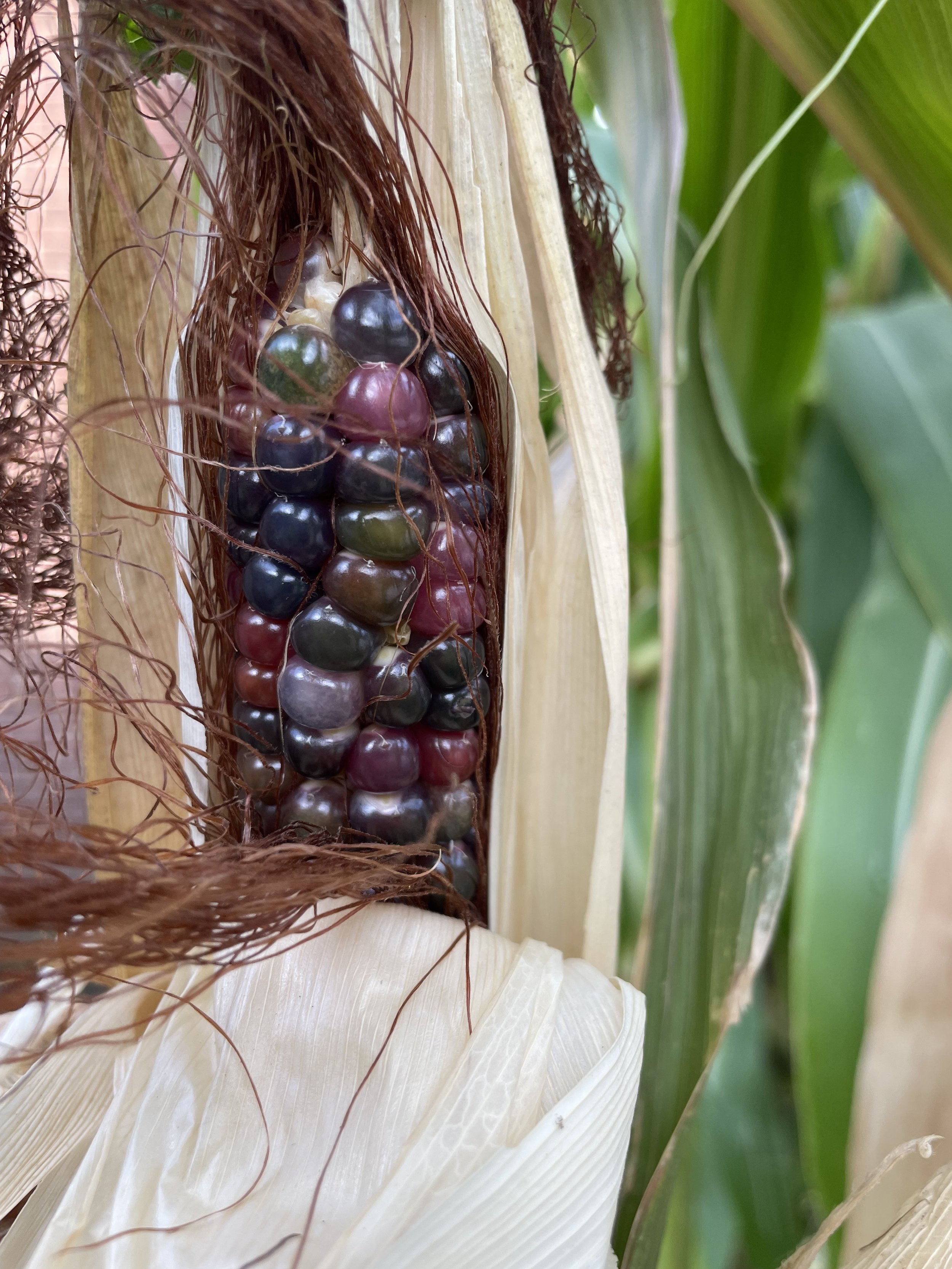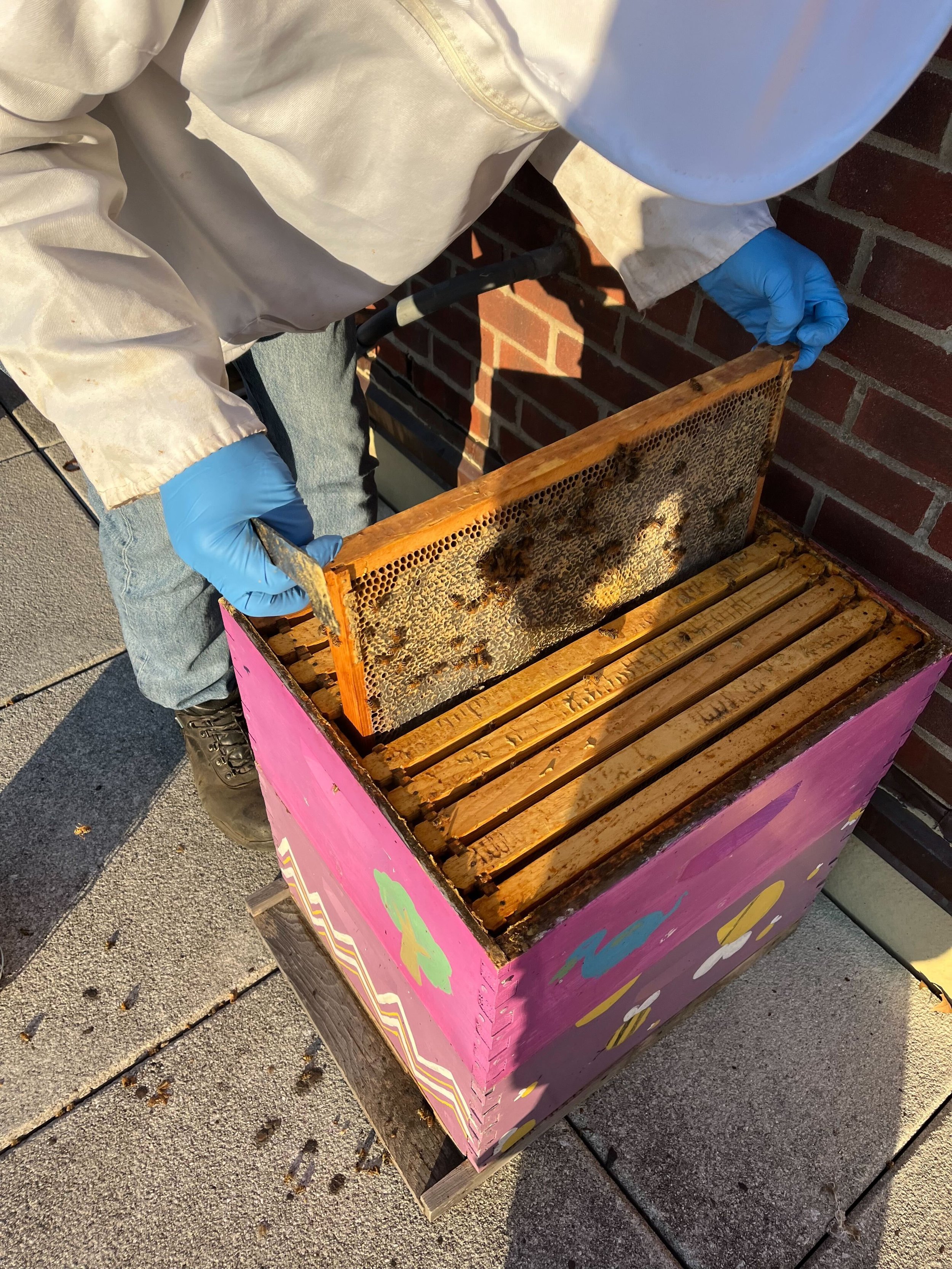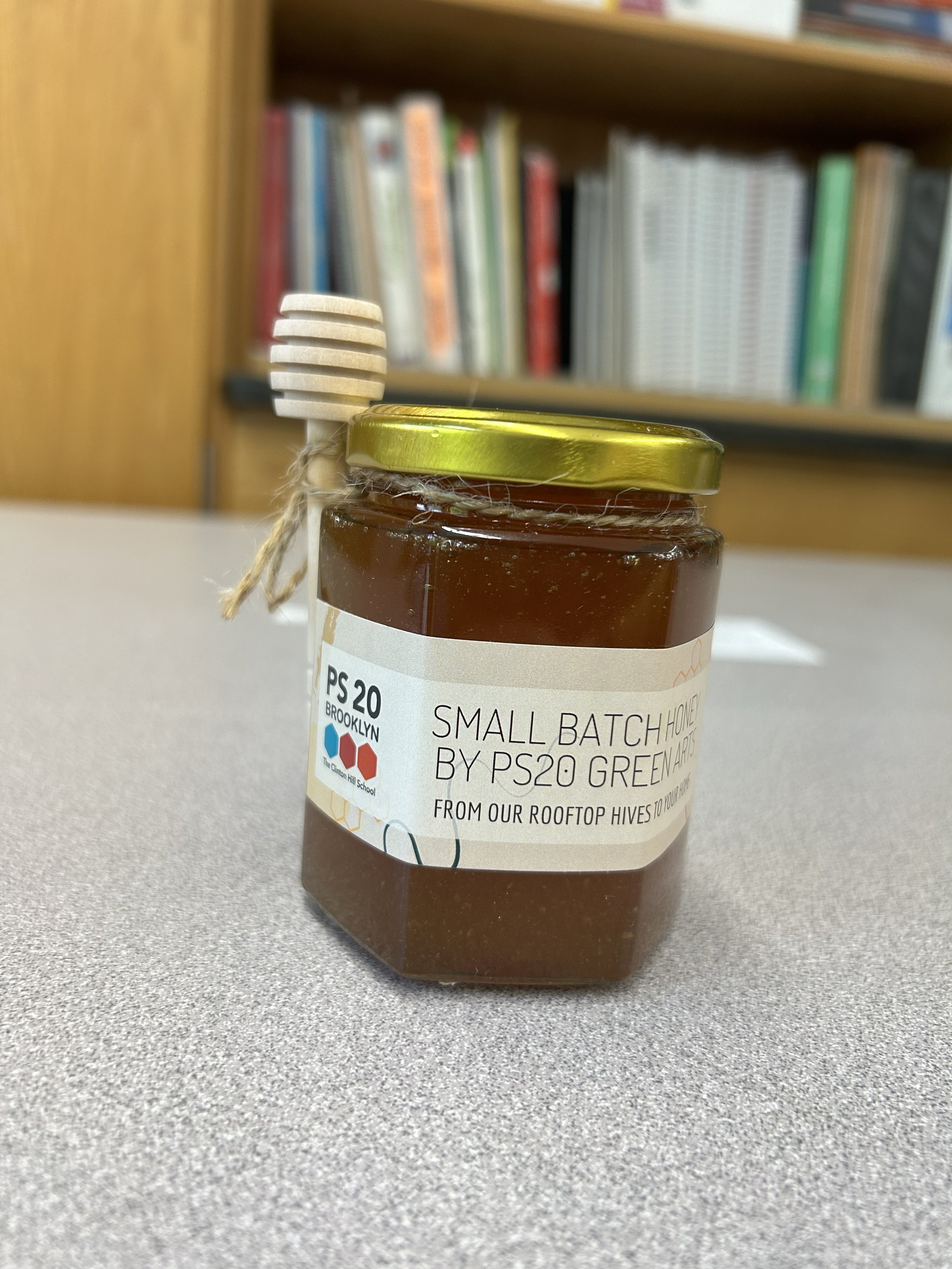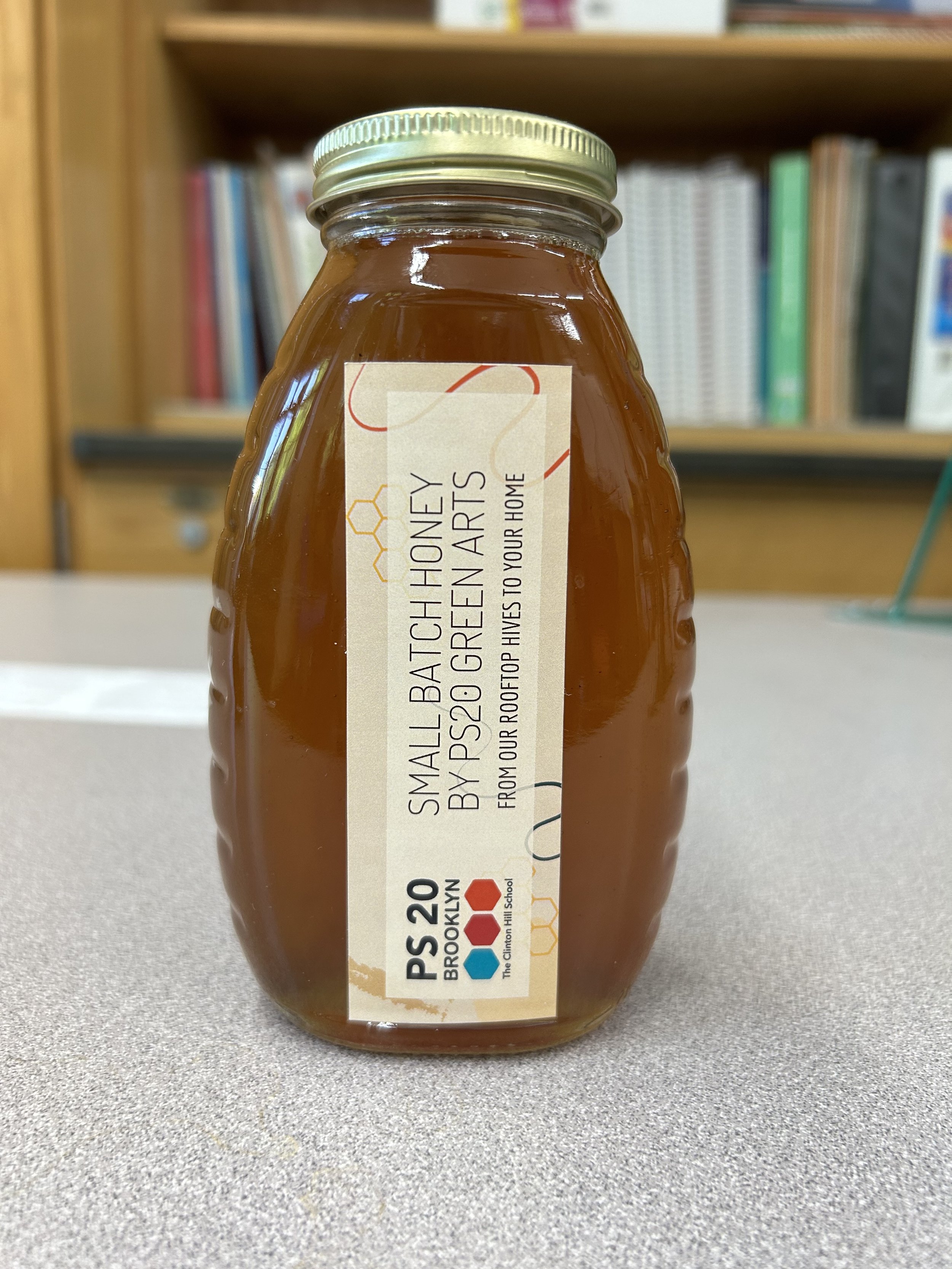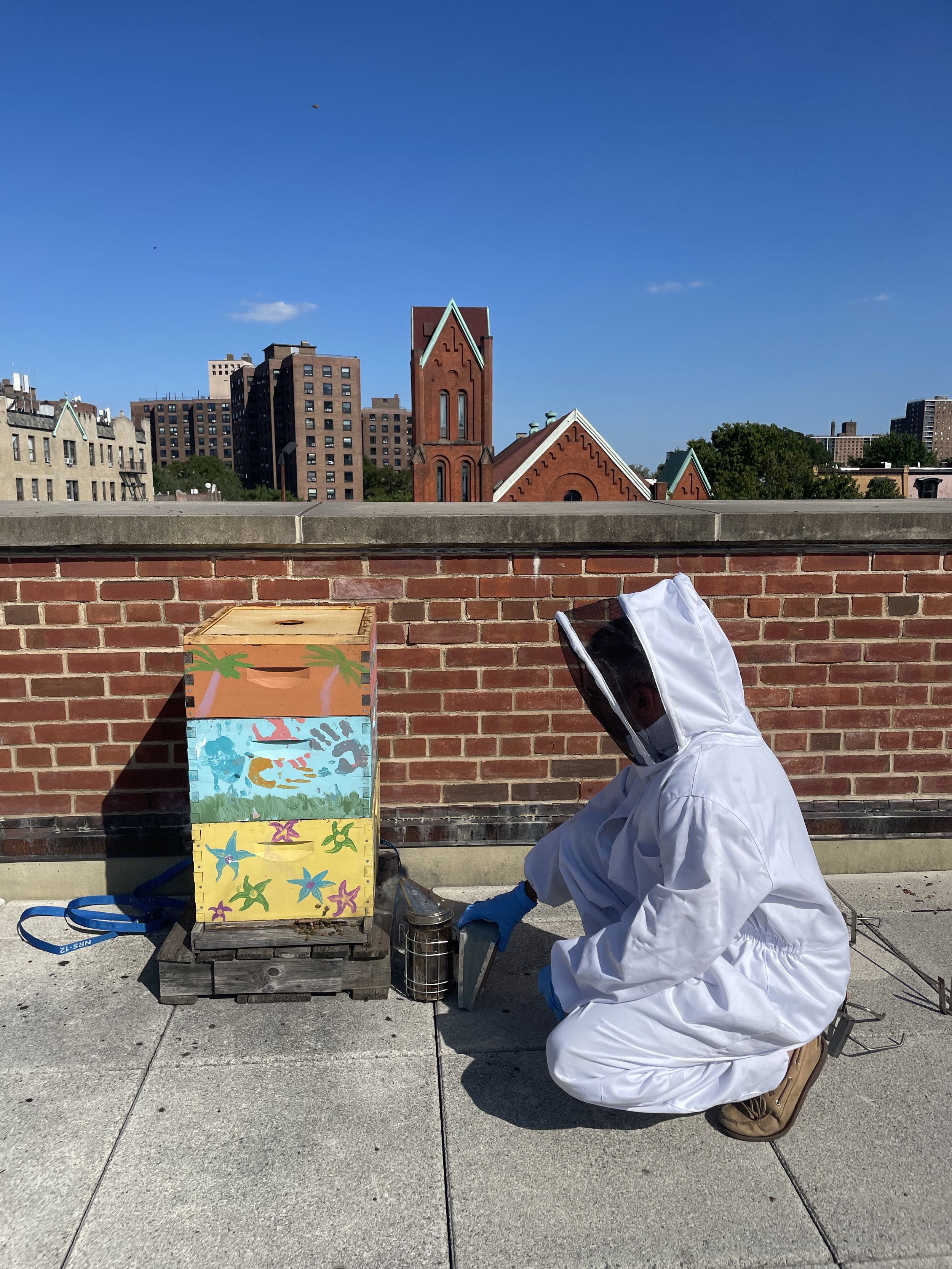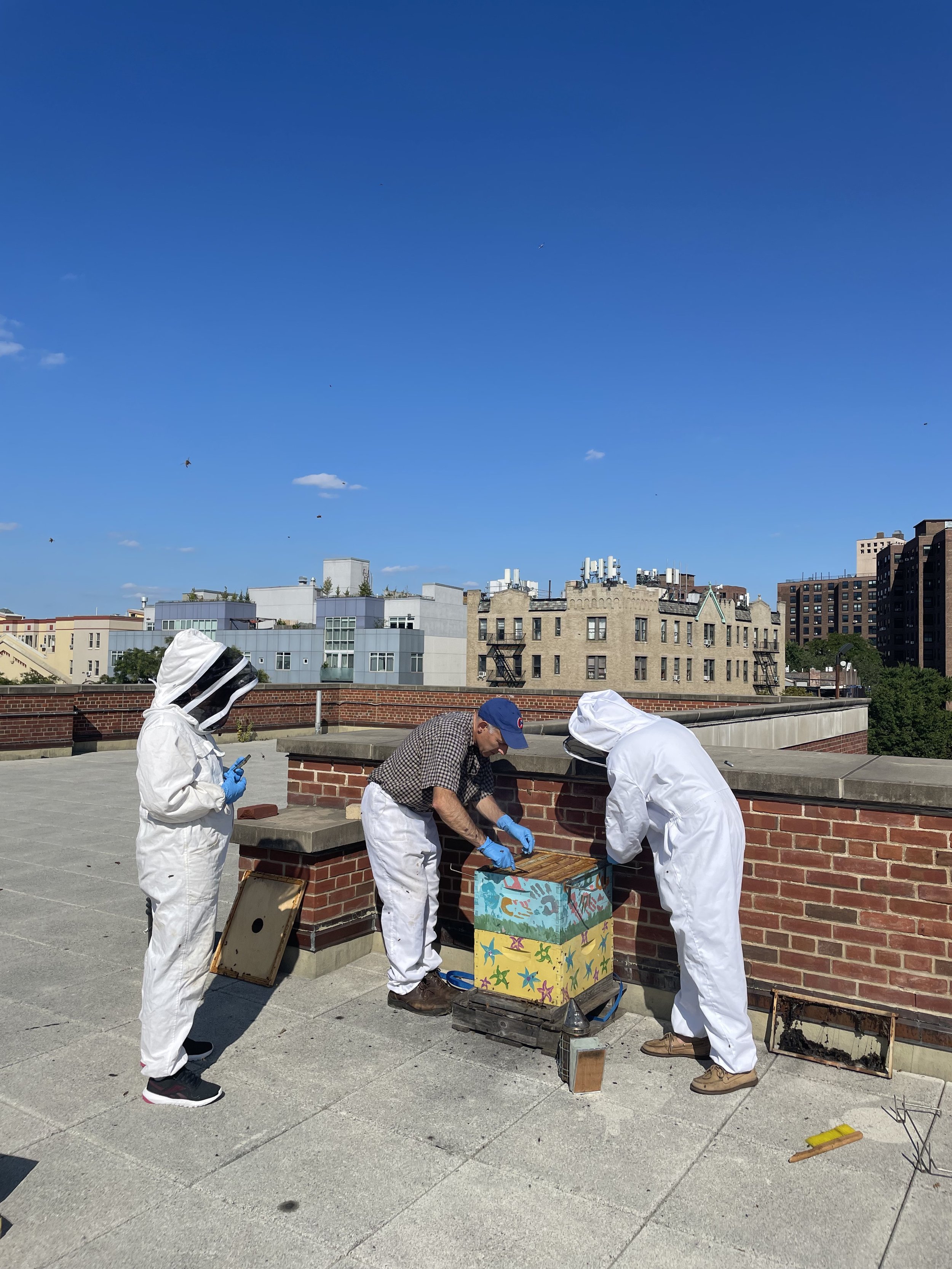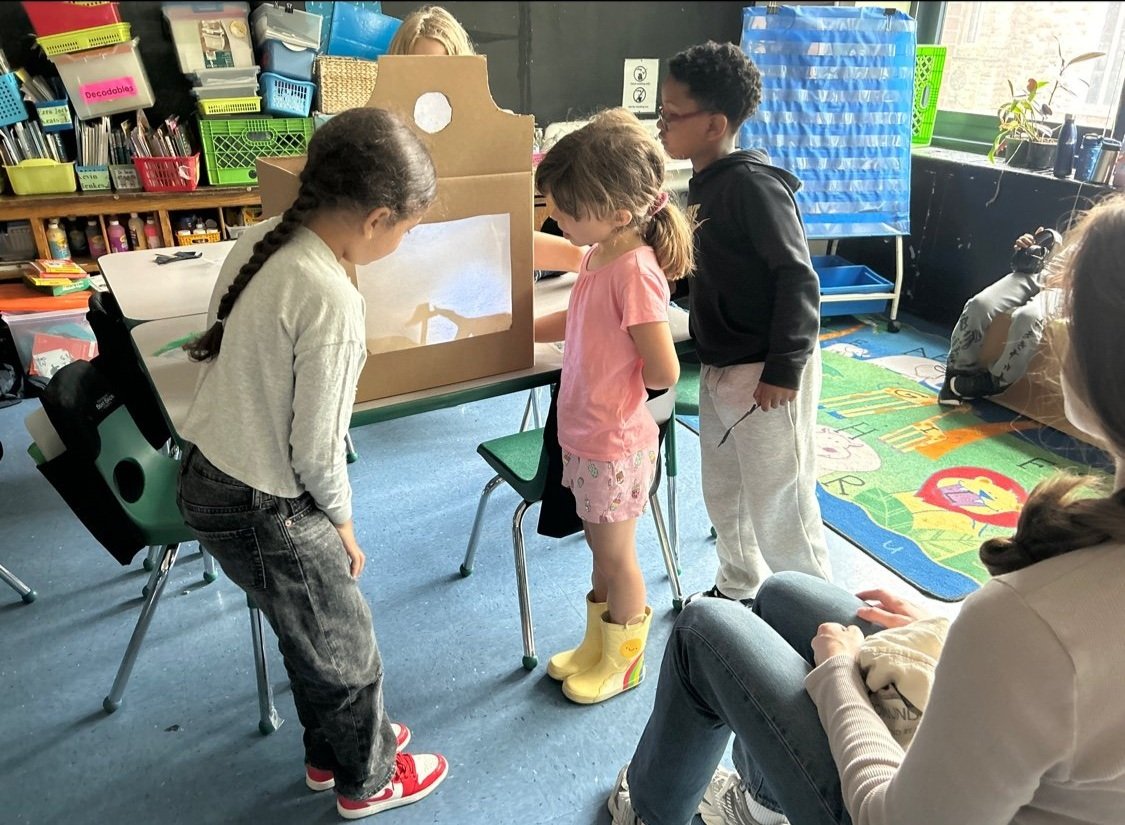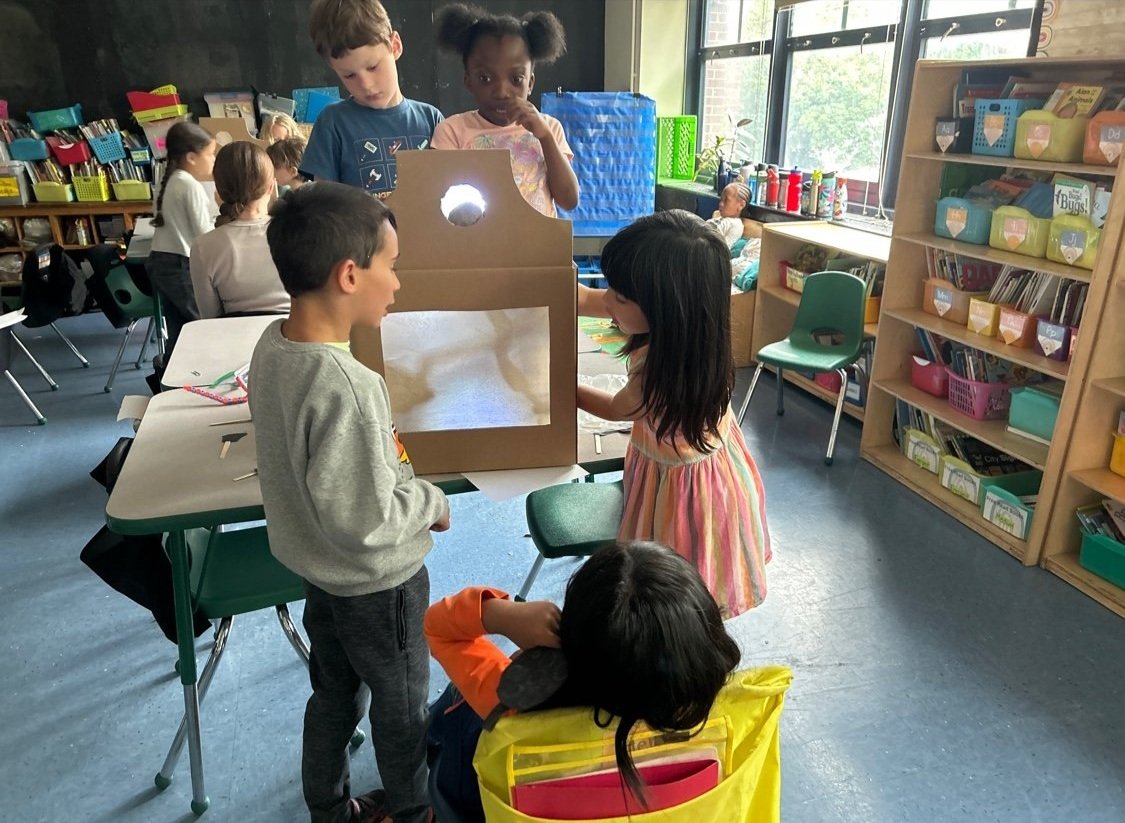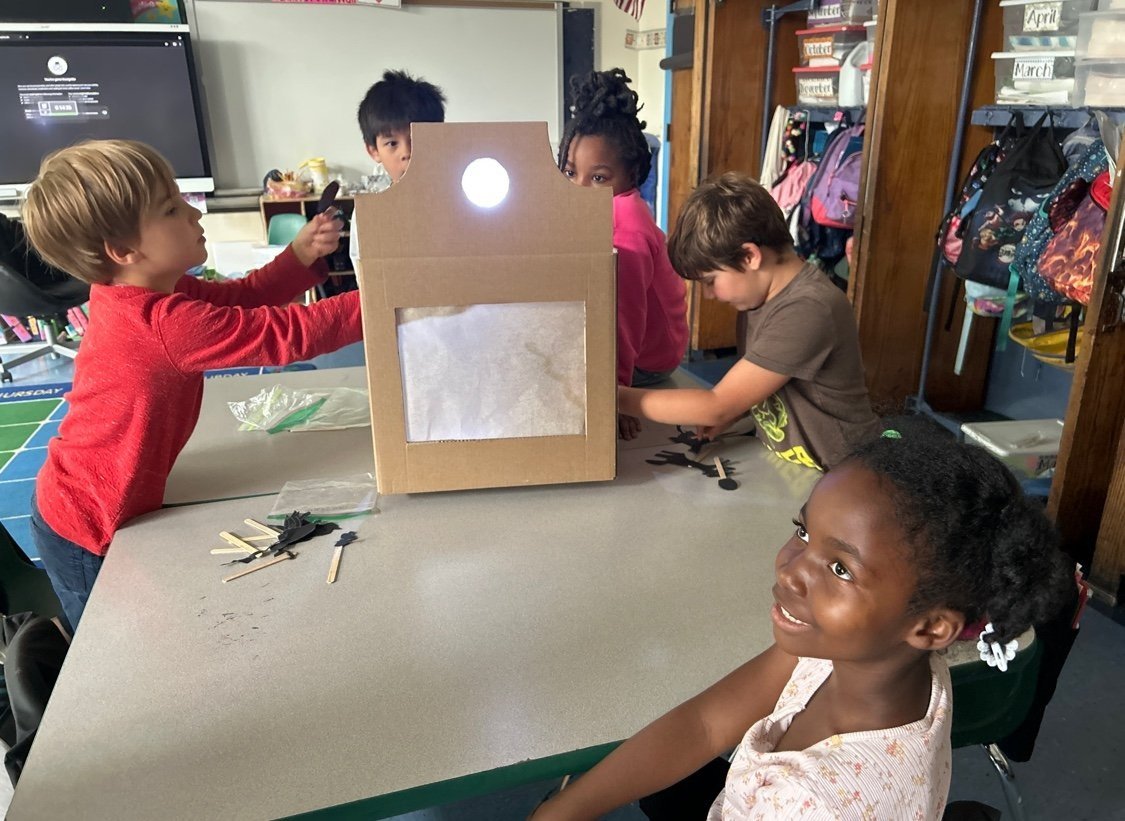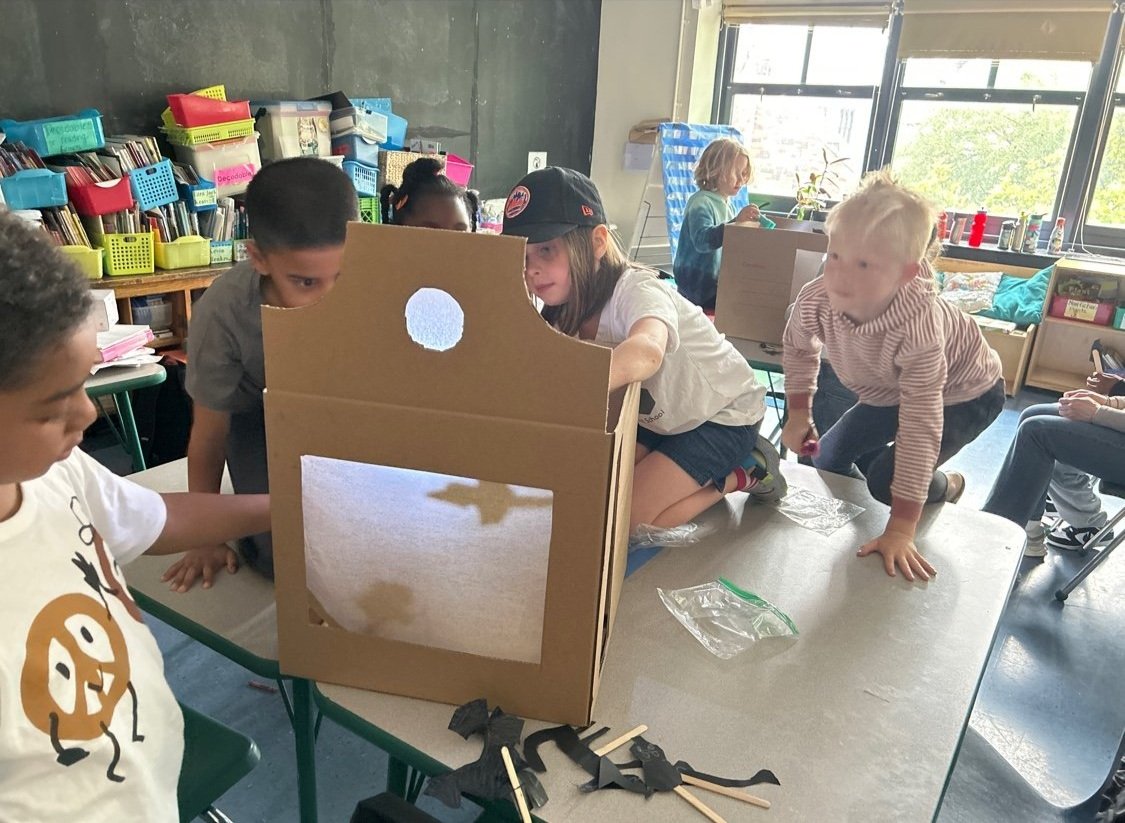GREEN ARTS
We need your support to sustain and expand our Green Arts program! Thanks to the ongoing support of the PTA and local partners, the 600+ students of PS20 have truly blossomed with the environmental education of Green Arts for the past 8+ years: composting, digging in the dirt, planting seeds and sampling the fruits of their labors in the form of herbs, mixed greens, tomatoes, squashes and much more. Students have enriching experiences outdoors and help create flourishing spaces that enhance the greater school community and neighborhood.
Green Arts is an interdisciplinary hands-on educational approach that broadens student’s modes of learning, manipulation of materials and production processes. It is a collaboration between classroom teachers and the PS20 Arts and PS20 Farms Programs that started in 2013. Our teachers work closely with the program’s instructors to ensure that what the children do outside in the garden and inside the art studio informs and complements the work that is done in the classroom - so while the kids are digging in the dirt and expressing themselves in the art studio, they are also building on what they have learned in their IB Units of Inquiry.
Green Arts is entirely funded by the PS20 PTA. Please consider joining the Green Arts Committee on Konstella and making a donation to support this great program!
If you are interested in learning more, email us at greenarts@ps20.org.
Gardening instructor: MR JONATHAN Blumberg
Mr Jonathan Blumberg (@jblumberg1)
I am a lifelong gardener, and started teaching gardening at PS20 a decade ago. I have worked at several schools in Brooklyn, taught at the New York Botanical Garden and Brooklyn Botanic Garden, and I am currently running a few small urban farms for Slow Food NYC in East New York. At PS20, I teach the students many aspects of gardening, plant science, ecology, food education, nutrition, cooking, composting, beekeeping, etc., and topics aligning with their grade’s curriculum.
I try to expose students to the entire lifecycle of vegetables, from seed to harvest to food preparation. I also try to broaden their horizon on biodiversity, within commonly known fruits and vegetables (different and unique varieties of apples, tomatoes, peppers, etc.) and also introduce them to some lesser known crops.
Fall classes involve a lot of harvesting, tasting fruits and vegetables and then some garden cleanup and prepping beds for the next season. Late winter and spring will have more focus on seed starting, transplanting, and some early harvesting in June. In addition to our gardens, we have a large composting operation and bee hives on the roof.
